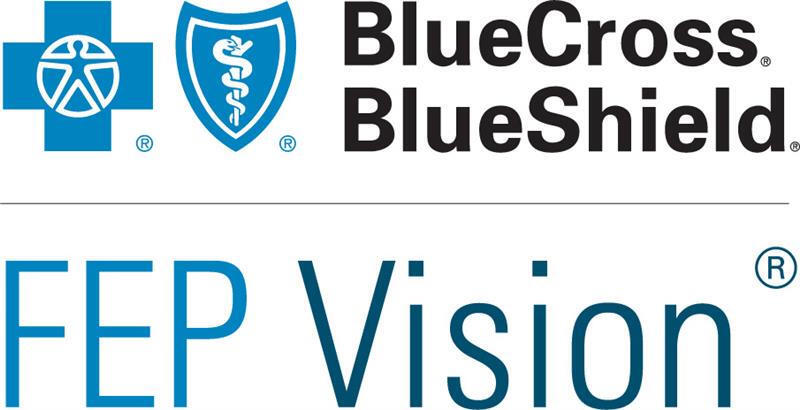While social media literacy has been a hot topic for many Americans recently, people -- especially service members -- need to be more cognizant about what they are posting online and how truly confidential those posts are.
The narrative has shifted over the years from having social media be a place to discuss casual topics anonymously, to being intertwined in our nation's mainstream media outlets. With this false sense of security, many people’s careers have been damaged significantly through apps like these.
The biggest offender is Snapchat, where users fall under the assumption that being notified of when their content is saved will prevent people from actually saving and sharing any inappropriate content. Any sort of inappropriate behavior on these apps can be detrimental to anyone's career, especially to military members, where certain traditions and behaviors are required to be upheld in and outside their service. If any of these activities or actions go viral, it will be a difficult challenge for a service member to salvage their military career.
One of the biggest pitfalls into which a military member could fall is the assumption that Snapchat is a safe place to post or send what some would consider lewd or inappropriate content. Snapchat's "allure" is that you can't screenshot or save any material sent or received without notifying the other party. This has led to people assuming that all things sent and seen are gone forever. This is simply not the case, as things sent -- such as explicit and lewd photos -- can be captured by another camera and sent to a different device and go viral. Many military members have fallen into this pitfall, had their graphic photos go viral and their careers destroyed. However, it's not just lewd photos that can be saved secretly. Other things such as conversations can be screenshotted by separate devices and produced as exhibits or submitted as evidence of racism, sexism, bullying or other unbecoming behavior.
However, these problems revolving around privacy and inappropriate content sharing are not isolated to direct messaging apps such as Snapchat strictly, either. Many people have had their careers damaged through video and photo sharing apps like TikTok and Instagram as well. In a similar fashion to Snapchat, many people assume that if they post under anonymous accounts or have private profiles, their posts won't be linked back to them. Yet, because these apps have generated such a large audience over the past few years, if anyone looks hard enough, they would find examples of your social media misconduct. That can be detrimental, depending on the severity of your actions. Even things such as liking or following extreme content could be enough to destroy your career.
Along the same lines, another pitfall that many service members fall into is making public disclosures of what is believed to be private conduct. The misuse of social media can be a slippery slope, because service members are held to a higher standard than most civilians. While the lines for what is considered safe and unsafe to post are vague -- and with the discussions of censorship still unresolved -- the best way to police yourself is to ask how your superiors would react to seeing your activity. Complaining how much you hate your job, leaking confidential material about the military or curating obscene photography is a surefire way to face a criminal prosecution, court-martial or administrative separation (ADSEP). Engaging in activity like this not only paints a bad picture of yourself, but for the branch you serve as well.
Nothing done on social media or electronic apps is truly private. Even if you post through private or anonymous accounts, your actions can be linked to you. You have to remain prudent to prevent your career from being destroyed by your social media activity. Double-checking what you post for any inappropriate or controversial content and, if so, think to yourself, "Is it worth my career over posting this?" You need to remain cognizant of your online footprint while enjoying social media at the same time.
Sean C. Timmons, Esq. is the managing partner of Tully Rinckey PLLC's Houston office. Mr. Timmons is an experienced military law attorney, having spent several years serving the United States Army Judge Advocate General's (JAG) Corps. He routinely handles cases involving Article 15s, letters of reprimand, courts-martial and officer/enlisted separation proceedings. Sean also handles federal labor and employment law cases and security clearance representation. He can be reached at (832) 241-5888 or stimmons@tullylegal.com.
Know All Your Legal Rights and Benefits
Be aware and get what you are entitled to. Keep up with all the legal benefits available to you as a service member, veteran or spouse and get updates delivered straight to your inbox by subscribing to Military.com











